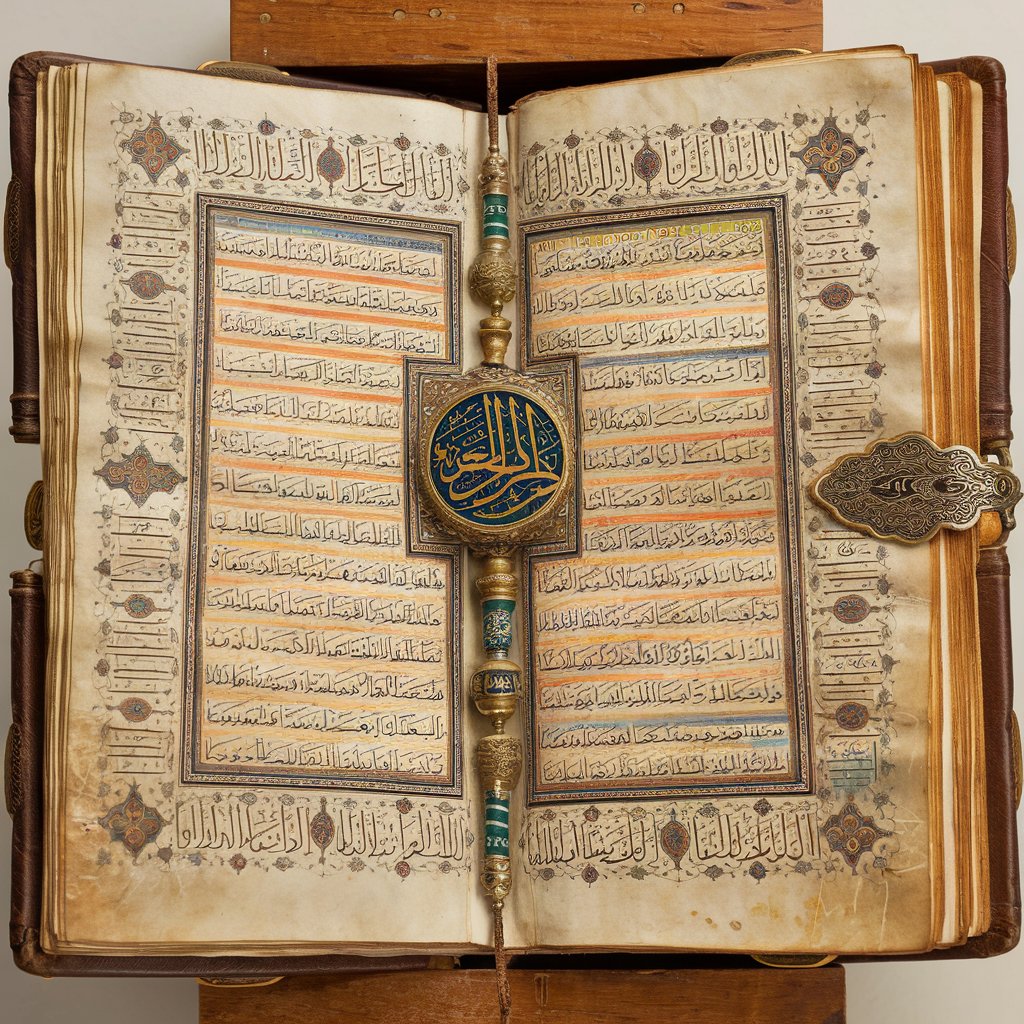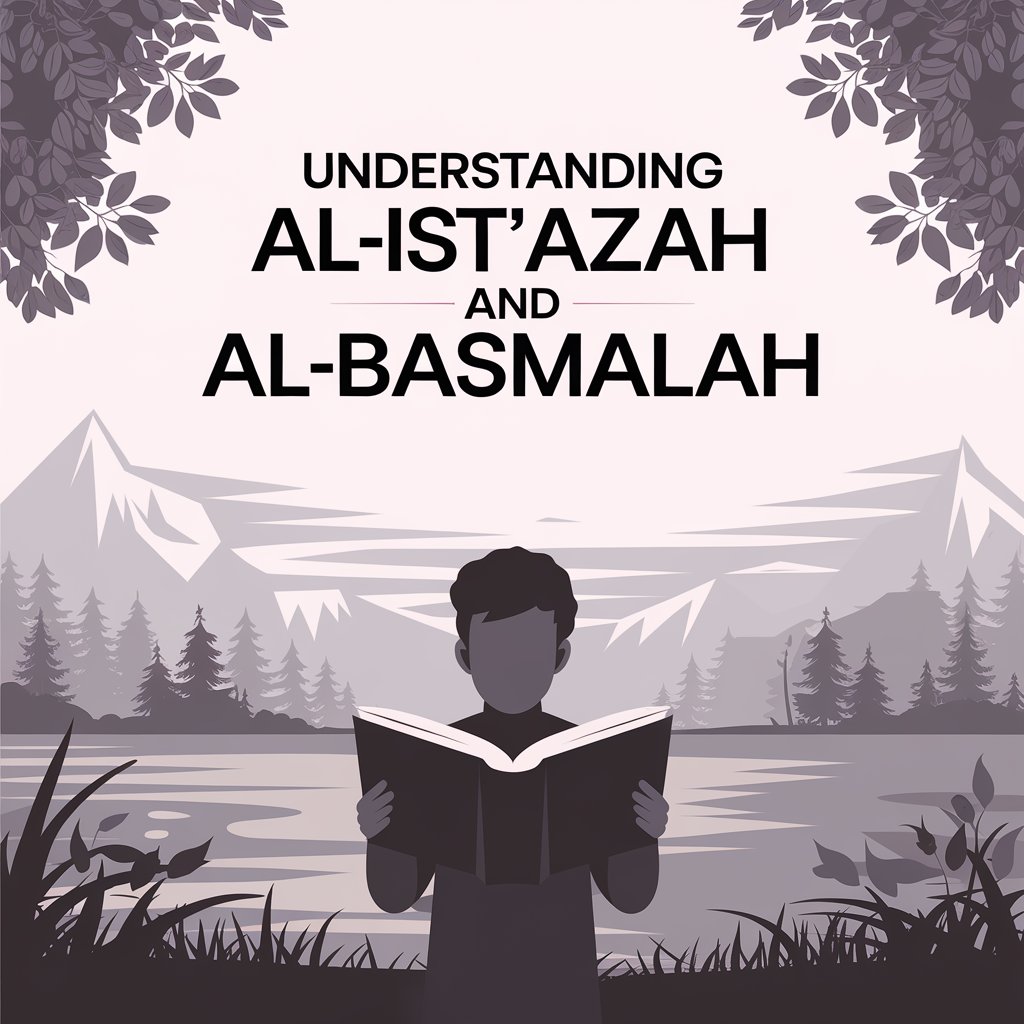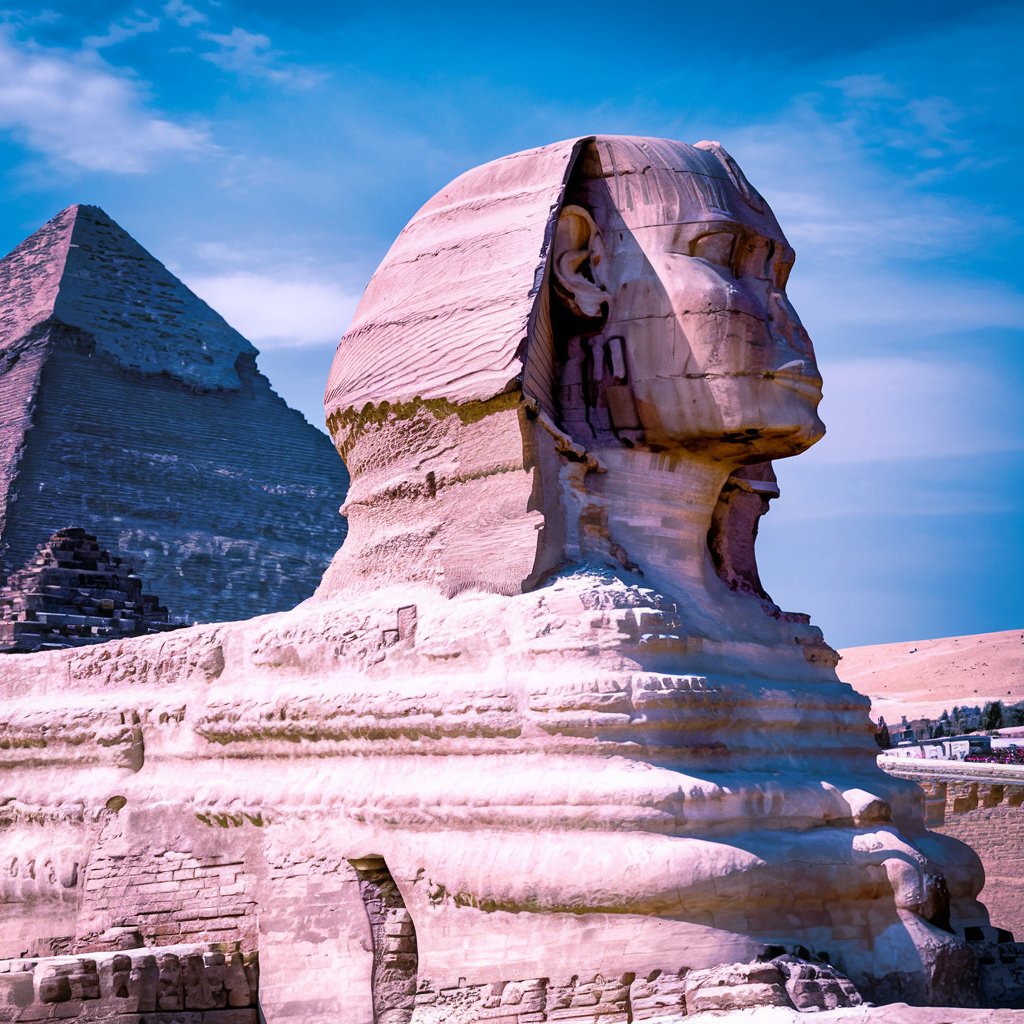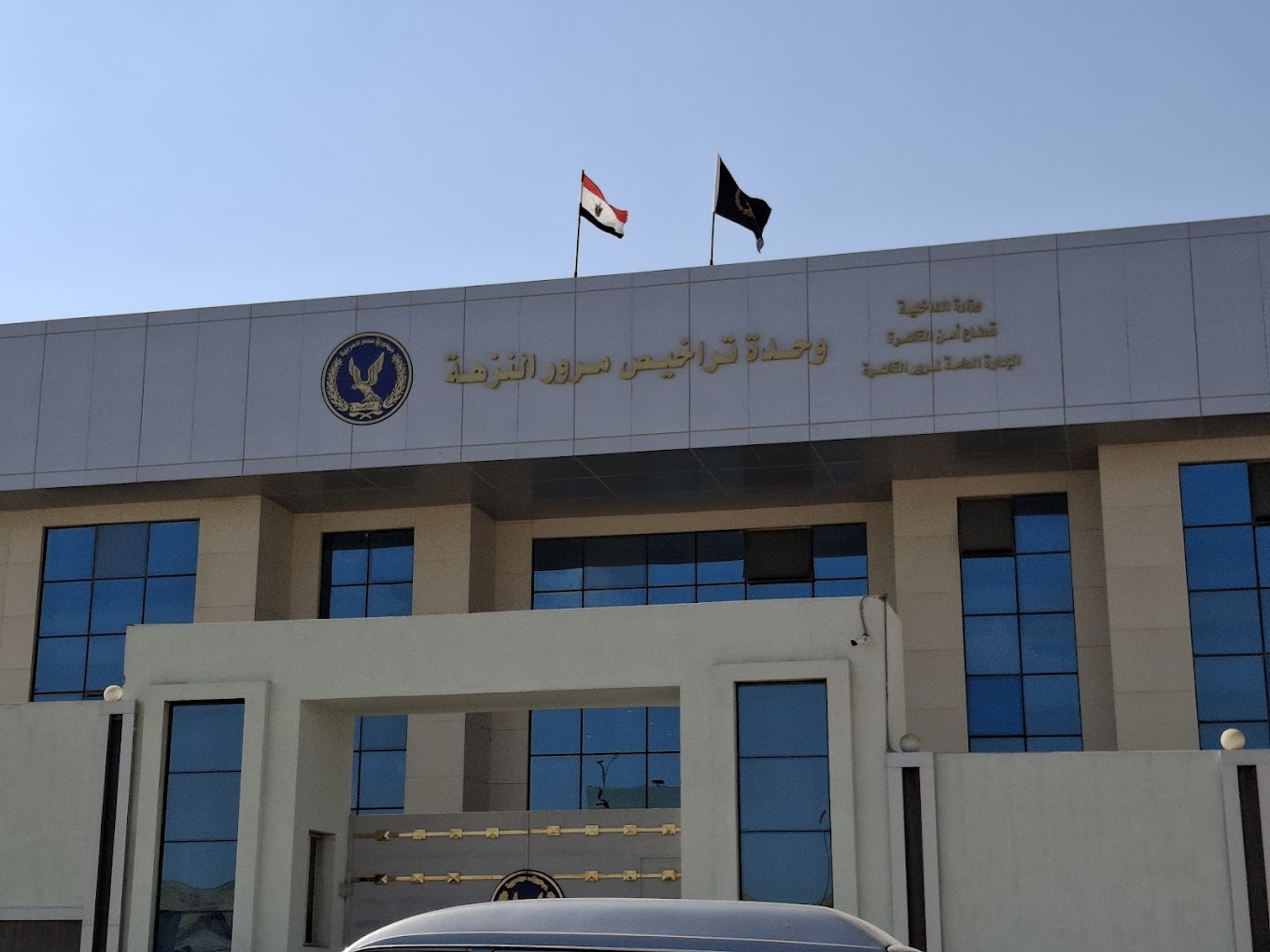£
United Kingdom Pound
$
United States Dollar

In the name of Allah, the Most Gracious, the Most Merciful, Praise be to Him, who made the chain of transmission (السند) a beautiful attribute of the Ummah, and made the Ijazah (إجازة) a priceless feature of Muhammad followers, and through both He preserved His book and the Sunnah of His noble Prophet ﷺ, He defended the Sharia from the confusion of liars, the slander of fabricators, and the innovations of innovators.
Linguistically (ref 1), it implies the following:
• To cross over or cover a distance, as used by Imru’ al-Qais in his Mu’allaqa (ref 2) :
فلما أجزنا ساحة الحي وانتحى # بنا بطن خبت ذي حقاف عقنقل
• To Implement an order or permit it, as used in the hadith:(ref 3) -لا أجيز اليوم على نفسي شاهدا إلا مني Today I do not permit anyone to witness against myself except a witness from me.
(ref 4)"reward the delegation in the same way I used to reward them".
In the terminology of the hadith scholars: it is defined as an authorization or license to narrate verbally or in writing (ref 5). It has many types and issues related to it. Ijazahs are granted in Hadith, Fiqh, Tafseer, and other fields, and are also granted for issuing fatwas and teaching.
As for the reciters: Al-Imam Al-Suyuti described it in Al-Itqan saying: “The Ijazah is like a testimony from the sheikh to the one who is licensed (ref 6).” It is, therefore, a testimony from the sheikh who is licensing to the student who is licensed that he has read the Quran to him with a specific narration in full by heart, i.e. from memory, with intonation, mastery, differentiation between ambiguous verses, and other things that qualify the student to recite.
Safwat Salem stated in his explanation of Al-Jazariyah that the Ijazah (license) in the Holy Quran represents the oral transmission of Quranic recitation from a teacher, who learned from their teacher, in a continuous line reaching back through generations. This chain ultimately connects to the Messenger of Allah (ﷺ), who received it from the angel Jibril, directly from The Almighty (ref 7).
Note: the condition regarding the last three types is that the license is only achieved by someone who has read complete Khatmahs with one of his sheikhs before.
Components of Ijazah: It has four components as thus:
1. المجيز The one who is licensing i.e. the sheikh
2. المجاز له The one who is licensed i.e. the student
3. المجاز به The matter licensed to
4. لفظ الإجازة The wording of the license.
Required Conditions for both the "Mujiz" (Sheikh) and the "Mujaz lahu" (student): Both must be Muslim, sane, adult, trustworthy, reliable, disciplined, and free from causes of immorality and lapses of chivalry.
However, the special conditions for the Mujiz include (ref 8):
Ijazah and Isnad (the chain of transmission) have played a vital role in preserving the integrity of Islamic knowledge. Through them, the credibility of narrators is established, and students gain the honor of connecting to the Prophet ﷺ and ultimately to Allah, the Most High. Although Ijazah is not a condition for mastering the Qur'an, it remains a profound method of ensuring the accuracy of recitation. Furthermore, it is permissible to grant Ijazah to a discerning youth, and it is permissible to exchange money for this service, as long as it is not a stipulated condition. However, not every person with an Ijazah is necessarily proficient, as some Sheikhs have become lenient in granting them.
With all this in mind, what do you think is the true value of Ijazah in today’s world, and how can we ensure it remains a meaningful tradition in preserving the Qur'an and Islamic knowledge? Leave your answers in the comments below!
1. Lisanul Arab: Item ج و ز
2. Muallaqah: The most common kind of poem in pre-Islamic paganism
3. Sahih Muslim: Hadith 5405
4. Sahih al-Bukhari: Hadith 3053
5. Fathul Mughis by As-Sakhawy: Vol. 2, Page 57
6. Al-Itqan by As-Suyuti: Vol. 1, Page 355
7. Fathu Robbilbariyyah by Sofwat Salem: Page 130
8. Munjid al-Muqri’in wa Murshid al-Talibin by Imam Ibn al-Jazari
9. Ghayatu Nihaya by Ibn Al-Jazari: Vol. 2, Page 97
10. Surah Al-Qiyamah: Verses 16-19
11. Surah An-Najm: Verse 5
12. Sahih Al-Bukhari: Hadith 3808
13. Sharh al-Sunnah by Al-Baghawi: Vol. 4, Page 526
14. Al-Majruhin by Ibn Hiban: Vol. 1, Page 31
15. Al-Madkhal ila Kitabil Iklil by Al-Hakim: Page 38
16. Muqadimah Sahih Muslim: Vol. 1, Page 15
Author: Abdul Mateen Abdul Azeez
Revised by: Admin




